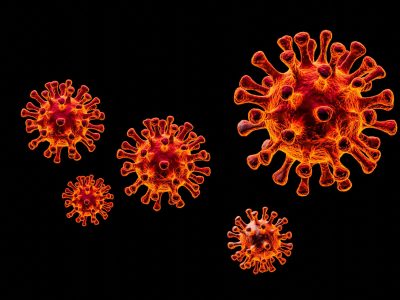Media Tip Sheet: Ohio's Toxic Train Wreck – Impacts on Animals and Environment
A Norfolk Southern freight train with hazardous materials on board derailed in East Palestine, Ohio on February 3, 2023. Since then, residents have been demanding answers and help as they’re concerned for their health and safety. Aviva Vincent, Ph.D., assistant teaching professor at Syracuse University’s Falk College School of Social Work, shared her views from an interspecies perspective (see below). If you’d like to schedule an interview with Professor Vincent, please reach out to Vanessa Marquette, media relations specialist, at vrmarque@syr.edu.
Professor Vincent writes:

“As these toxic chemicals have seeped into the soil, air, and water, it will take years to fully understand the long-term impact. As an inter-species issue, industries of agriculture (farming, livestock, equine industry), leisure & sport (use of green spaces, such as dog parks), and merely living in the affected area. The implication of this event has a direct impact environmental and inter-species impact in Ohio and Pennsylvania, as East Palestine is a mere mile from the state boarder and 20 miles to the Ohio River. The toxins have already reached the Ohio River which flows through six states and serves as a source of drinking water. Over 3,500 fish have died, livestock that graze the lands have died or been moved out of state. The human toll will include the environmental, economic, social, and personal impact. Evacuated residents were given ‘permission’ to return home days after the event though it is still not safe to do so.
A resident shared that she has two young children and a dog: she can use the shelter system though she would have to relinquish her dog, remove her children from school, and accept a financial burden that she may not recover from; or she can stay in her home where her family would be together, but not safe. As a homeowner, the likelihood of selling her home is currently not feasible. A local owner of polo horses was able to safely relocate her herd out of state, though she does not know when or if they will be safe to return as the horses are reliant on grazing and drinking local water.
The interspecies implications are devastating – even those with the resources to flee and burdened by leaving their home without any concrete knowledge about return. When disasters happen, emergency planning must account for animals, livestock and domesticated animals. Human livelihood is reliant on the economic industry of livestock, and livestock are reliant on the land. Furthermore, majority of Americans own pets – predominately cats and dogs. The pet economy reached $123.6 billon in 2021 with approximately 70% of homes (90.5 million homes) having a domesticated pet (14%, 23 million, were newly acquired during the pandemic). From this instance, we learn that we are not prepared for interspecies disaster. Readiness should include emergency shelters being pet/livestock ready, readily available transportation for livestock, water reserves when natural sources are contaminated, funding allocation, and other considerations. Environmental justice is an interspecies issue.
NASW is advocating for DeWine to declare a state of emergency, increase ‘rainy day fund’ support, there is also advocacy to President Biden for federal assistance.
- Evacuated residents can request assistance by visiting the Norfolk Southern Family Assistance Center: 46469 State Route 46 New Waterford Ohio, 1-800-230-7049.
- Air and water testing can be requested by calling residential reentry: 330-849-3919
- Mental health support: dsmith.nasw.oh@socialworkers.org
- Support can be donated to: http://www.gofundme.com/c/act/ohio-train-help
Contacts referenced able are willing to provide additional information.”

